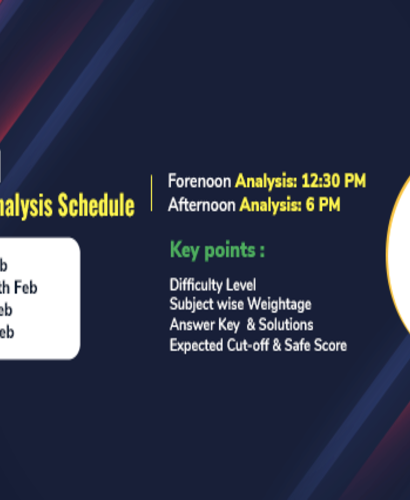The function of human resources in an organization has changed dramatically over the last few years. It doesn’t merely serve an administrative function—recruiting, scheduling candidates for interviews, managing employee activities, etc. It now serves as a strategic department to aid in increasing the bottom line of the organization. Or, at least companies are trying to run it that way.
Companies are, thus, hiring C-level HR executives, who can think HR from a strategic point of view rather than an administrative function. As many as 94 percent of companies now have chief human resource officers who report directly to the CEO.
Today, the role of Chief HR officer isn’t limited to looking after HR departments. Instead, it has expanded broadly. Additional departments come under the purview of chief HR officer. About 62 percent of companies have departments other than HR report to CHRO.
Broadening role of a CHRO
The role of a CHRO hasn’t gained a concrete definition yet. There’s been an ongoing tussle among organizations to incorporate a much wider scope for CHROs. According to Harvard Business Review Analytics, about 39 percent of executives feel that chief HR officers should focus on human capital management activities including benefits, compliance, compensation, etc.
While 39 percent of executives feel that CHROs should focus on aligning human resources with business strategy. That’s the opinion of executives. In practice, CHROs are spending more time on business-related activities than HR-related activities. 71 percent of CHROs divide their time doing more business-related work, according to a CEB report.
What’s more to the role of a CHRO
Though hiring senior HR executives looks like an effective solution for a CHRO role. Turns out, organizations require their CHROs to have a more diverse skillset, as the leaders are increasingly pulled into business-related work.
A survey by the Centre for Executive Succession found 60 percent of U.S chief human resource officers have obtained experience outside the human resources department. In 2016, over 61 percent of employers hired an external CHRO.
Adoption of data-driven approaches in HR
As companies are increasingly adopting Big Data-driven decision making. They expect HR departments to be analytical in their operations too. According to Deloitte’s Global Human Capital Trends report 2016, HR leaders are already being asked to use analytics to improve recruiting and other HR functions.
However, there’s lack of analytical skills in HR, Harvard Business Review Analytics reports. About a quarter of CEOs and CHROs see this as a challenge. However, only 34 percent companies have taken steps in this direction, according to the earlier mentioned report.
Improving talent development
Talent development will stay a key responsibility area for CHROs. Attracting, developing, and retaining talent is a major focus for CHROs, according to Harvard Business Review Analytic Services report. Additionally, developing leadership skills beyond the leadership team and building an agile workforce team will remain priorities for CHROs, Harvard Business Review Analytics reports.












